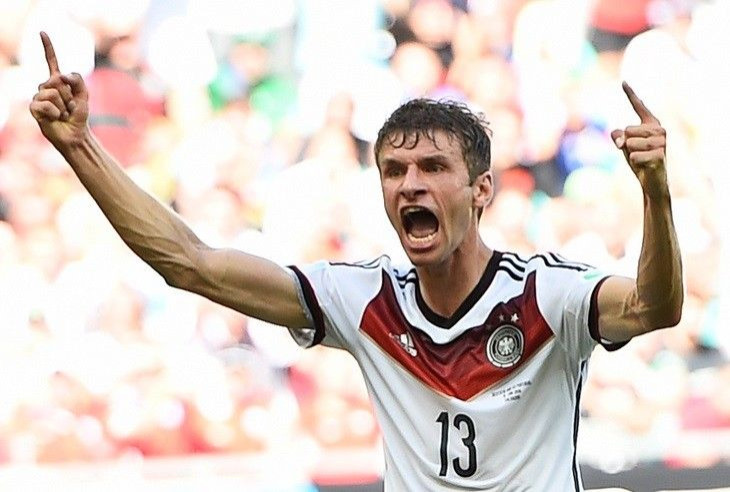World Cup 2014: Microsoft’s AI Digital Assistant Cortana Predicts Final Match Will Be Between Germany & Argentina

Nelly, the Elephant proved she was a better oracle than Big Head, the Loggerhead Turtle, when she correctly predicted that Germany would win over Brazil in the World Cup semi-finals game on Wednesday.
Read: World Cup 2014: Nelly the Elephant Is the Better FIFA Oracle Than Big Head the Turtpe, But the Real Victor is Essex Punter Who Won £2,505 on £5 Bet
However, would you still rely on an animal's prediction which team would be the champion or would you rather tap electronic technology?
For those who prefer high-tech, you can try Microsoft's Artificial Intelligence digital assistant Cortana who reportedly has correctly forecast the result of every match in the ongoing World Cup 2014 games in Brazil.
The Telegraph reports that Cortana picked Germany over Brazil and is favouring Argentina to win over The Netherland in the semi-finals to leave the German and Argentinean booters for the finals face off on Sunday, July 13.
Cortana bases its forecast on data from Microsoft's Bing search engine which is updated since June 12, the start of the FIFA soccer games. It uses predictive models that assess the strength of reach team using several factors such as past win or loss, record in qualification matches and other global competitions and margin of victory in those games.
YouTube/Irving Castles
It likewise factors in things that would give a team advantage such as the home field for the Brazilian team, nearness of home country for the South American delegations, playing surface and game-time weather conditions. Also considered are the fans' bets.
Google said it foresaw that Germany had a 59 per cent chance to beat Brazil and Argentina has a higher 61 per cent chance to win over The Netherlands. In the Round of 16, Google had a perfect eight out of eight record in accuracy of prediction, but in the quarter final it erred in predicting a France win over Germany, giving the search engine giant an 11/12 record.
Google uses touch-by-touch data from Opta which had covered past World Cup games where the athletes competed to study how behaviour in past games affects performance in future matches. It also included a power ranking developed by BigQuery engineer Jordan Tigani and admittedly a subjective judgment of support for teams as measured by enthusiasm of followers and number of fans who went to Brazil to root for their national teams.





















